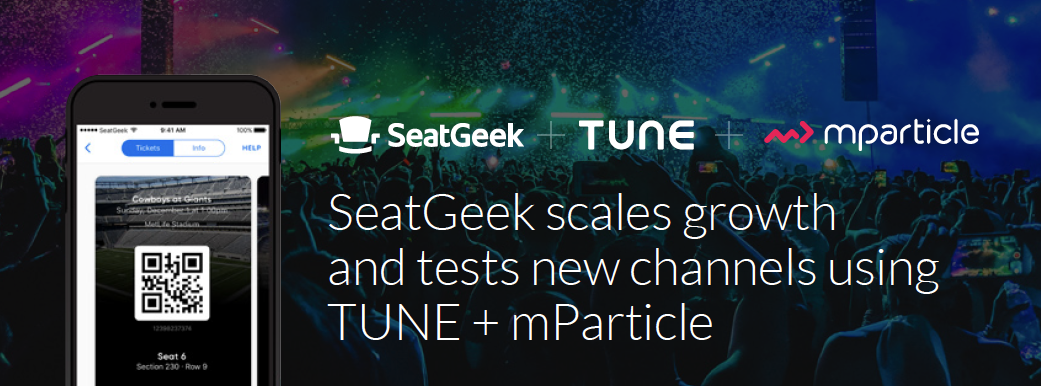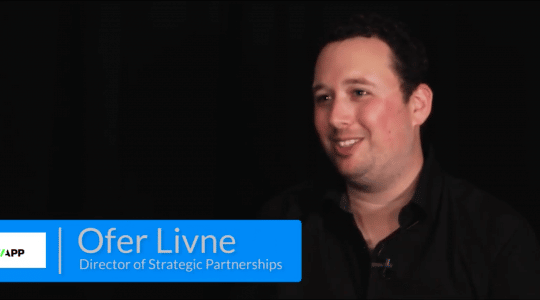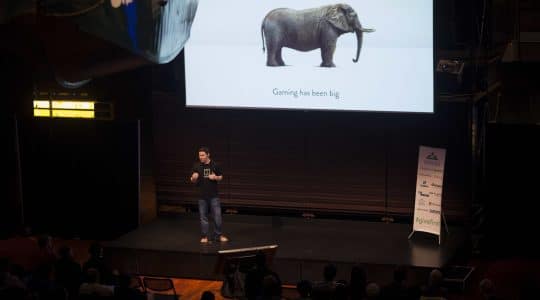
Founded in 2009, SeatGeek is a mobile-focused ticket platform for live sports, concert, and theater events. Users on mobile app and web can search events, buy and sell tickets, view seat maps, identify the best ticket values for specific events, and more.
Looking to scale mobile user acquisition and test new channels, SeatGeek worked with several different marketing partners. Lacking a way to measure and consolidate marketing campaigns the SeatGeek team relied on multiple partners for attribution data, often resulting in over-attribution. In addition, they were unable to easily combine that attribution data with their own internal data, making it difficult to optimize or even understand how their mobile marketing dollars were being spent.
SeatGeek also struggled with long onboarding times for new marketing partners. SDK implementation required significant developer resources upfront, and after integration SeatGeek had to manually send in-app performance data to each marketing partner. As the SeatGeek app grew and they ramped up testing and spend, manually sending sales and event data across multiple Excel files at a regular cadence became a time-consuming process that cost his team over 15 hours per week.
Download this case study to find out how, with the help of TUNE Attribution Analytics + mParticle, SeatGeek was able to:
- Improve marketing spend efficiency by 12%
- Reduce set-up time for new ad vendor integrations by 3 days
- Save 15 hours per week on data reporting and sharing
Author
Becky is the Senior Content Marketing Manager at TUNE. Before TUNE, she handled content strategy and marketing communications at several tech startups in the Bay Area. Becky received her bachelor's degree in English from Wake Forest University. After a decade in San Francisco and Seattle, she has returned home to Charleston, SC, where you can find her strolling through Hampton Park with her pup and enjoying the simple things between adventures with friends and family.




